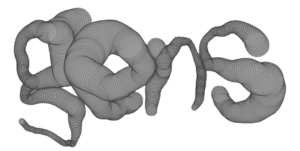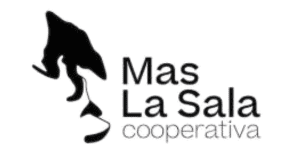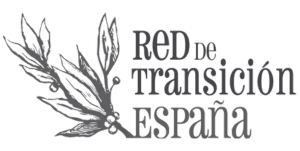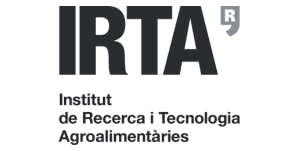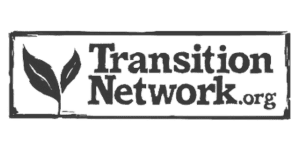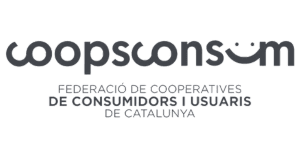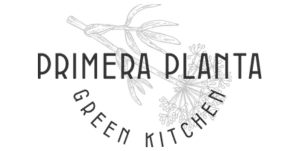Agrofood
Food sovereignty is more than just producing food. It’s about restoring decision-making power to communities, empowering them to shape resilient, equitable, and sustainable food systems.
When we regenerate the soil, what is the true technology: the technique that restores fertility, or the culture we build to sustain and protect it over time?
Food sovereignty is more than food production; it is a strong commitment to empower local communities, giving them the ability to decide how food is produced, distributed, and consumed in ways that nourish both people and territories. At Resilience.Earth, we work to transform fragmented food systems into dynamic, interconnected networks grounded in agroecology, social and solidarity economies, and deep community engagement.
Initiatives like the Artigas Coop, the first cooperative supermarket in La Garrotxa, and the FESSrural, Catalonia’s Festival of Rural Social and Solidarity Economy, embody this approach. In these spaces, producers and consumers are supported to become active agents of change, co-creating fairer, more accessible, and ethically grounded distribution models rooted in proximity, sustainability, and justice.
Working alongside producers and consumers, we promote soil regeneration, promote agroecological trade and develop collective management spaces for the food industry. These spaces not only allow resource management in a sustainable way, but are also meeting points for the community, where decisions are made collectively and participatoryly. In addition, we promote accelerators of regenerative agriculture and livestock initiatives such as RegenHub together with the Mas la Sala Genes Association and Cooperative, initiatives that integrate traditional knowledge with contemporary innovations, such as the use of new technologies to restore ecosystems, improve soil health and revitalize rural economies. These accelerators are essential to foster the transition towards more regenerative practices and to accompany communities to generate more autonomous and resilient production models.
Our integrating approach seeks to create a more resilient, diverse and sovereign food system that not only prioritizes the welfare of people, but also the health of territories and collective autonomy. Each process, from the design of strategic plans, to the creation of participatory spaces, contributes to the construction of a food ecosystem that takes into account the regeneration of natural resources and social cohesion. In this way, accelerators play a fundamental role in creating new economic opportunities, encouraging regeneration and economic growth through resilient practices.
This is how our work drives a model of food sovereignty that not only feeds people, but also regenerates the territories and strengthens local communities.
We generate systemic studies of territorial agri-food systems, unlocking challenges, driving tractor projects and articulating people who want to generate a model change.
“The revitalization, accompaniment and inspiration that have provided us since Resilience Earth have been key and fundamental pieces so that Artigas Coop, the first cooperative supermarket in Garrotxa, can be a reality.”
- Pol Espadamala, president of the Artiga Coop








